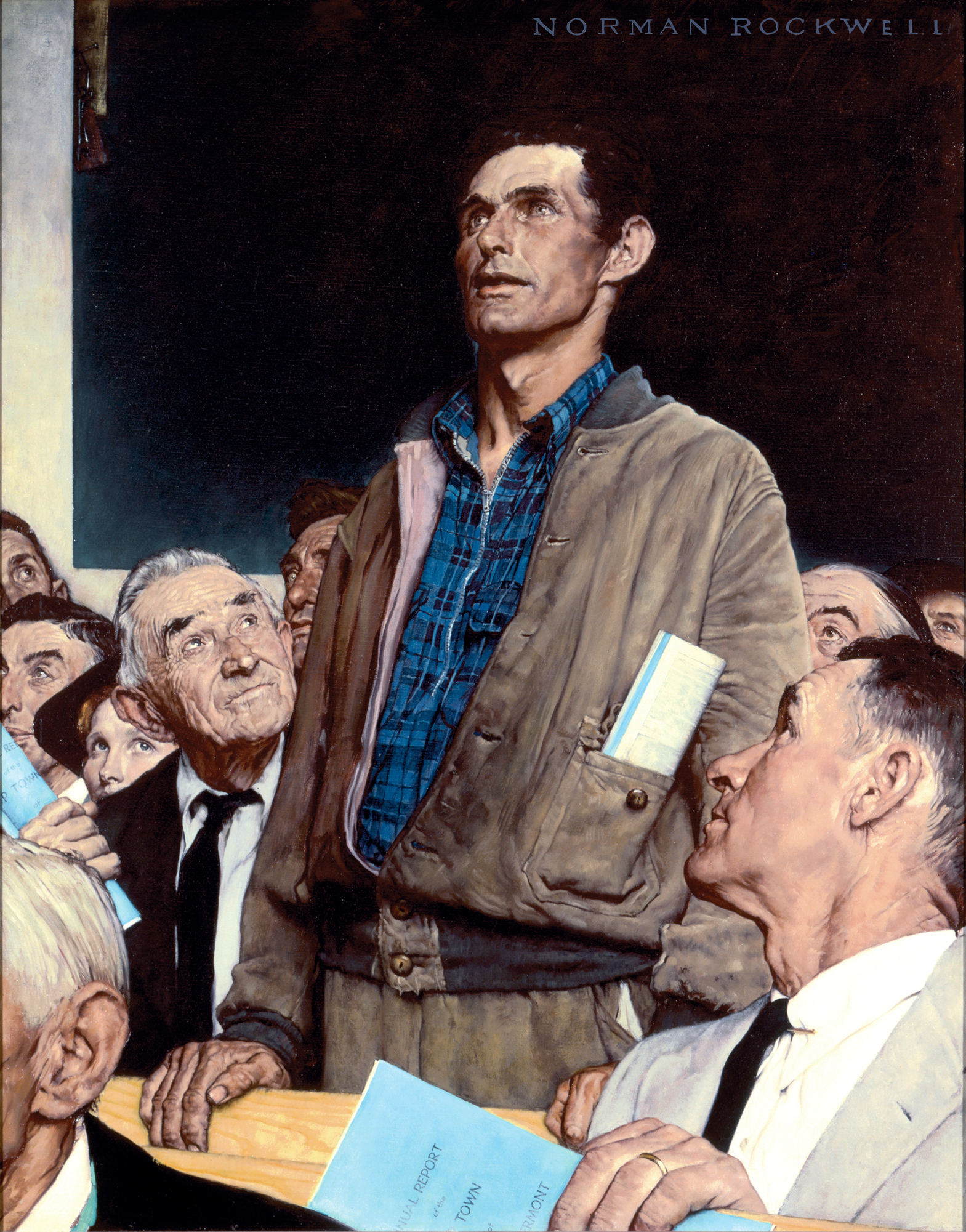The Iowa State Constitutional Convention Clearinghouse
This website provides news, pro & con, historical, and other information related to Iowa’s constitutionally mandated November 3, 2020 referendum on whether to call a state constitutional convention.
1900 Constitutional Convention Referendum
Article
Snider, J.H., 3 things Iowans should consider about constitutional convention referendum, Iowa City Press-Citizen, September 21, 2020.
1900 Election Results
| Official Results | For (#) |
Against (#) |
Majority (#) |
For (%) |
| November 11* | 177,337 | 176,889 | 448 for |
50.06% |
| November 27** | 177,387 | 176,939 | 448 for |
50.06% |
| November 28*** | 176,337 | 176,892 | 555 against | 49.92% |
* Official county vote tallies submitted to the canvassing board.
** Unofficial tally reported by canvassing board.
*** Official tally reported by canvassing board.
Coverage in the Evening Times Republican
Nov. 6 (Election Day)
Nov. 8
“The balloting at the late election on the proposition to hold a state convention to revise and amend the constitution has aroused much interest at the capitol and elsewhere in the holding of such a convention should it be favored by a majority of the electors voting thereupon….
It will not be possible to secure complete and correct returns from the Iowa counties till next Monday night [four days hence], when the official count is made.”
Nov. 9
“Without any agitation on the subject or any special attention being given to it the proposition to hold a convention to revise the constitution of the state was undoubtedly
adopted at the election on Tuesday.”
Nov. 13
“In view of the fact that a constitutional convention was ordered at the late election, it is time to begin to think about the matter of delegates. Grinnell people think Professor Macy, of Iowa College, would be a first class man to sit in the convention to revise the constitution if a convention is called.”
Nov. 17
“The constitutional convention, which will be held some time within two or
three years to revise the constitution, will have the power to submit it to the people at a special election or to submit it at a regular election. The constitution of 1857 was submitted at a regular election for state officers held in August. There Is some sentiment in favor of having a special election to choose the members of the constitutional conventionon the theory that in this way better men will be secured than if the
selection is involved in politics in connection with the regular election. The expense of this plan, however, is likely to defeat it.”
Nov. 27
“The constitutional convention is ordered by the people of Iowa by 448 majority. The biennial election amendment was carried by 36,686 majority. The total vote on the two propositions was: For the biennial election amendment, 185,972; against, 154,286. For the constitutional convention, 177,337; against, 176,889.
These figures are from the official returns, which are now being canvasssd by the state executive council. They were copied by a member of the council and a representative of the press. Afterward they were added on an adding machine in one of the state offices, and the result is given above.”
Nov. 29
“By the error of transcribing the figure ‘3’ for a ‘2’ and giving Tama county 1,000 votes too many in favor of holding a convention, to revise the constitution, the unofficial figures given out Tuesday [two days previously] were incorrect, and by an official checking up of the tally sheets it has been proved that the proposition failed by 555 votes. How the first figures were obtained or how the most welcome after result was arrived at is not made clear, but so long as the clerks certify that the proposition has been lost we will ask no questions.”
Dear Lord, let this election not be close.
–The Election Official’s Prayer
[S]tates should eliminate those canvassing boards that serve only a ceremonial role in approving vote totals. The rules for vote counting differ by state, but the general principle should be that only those local and state election administrators who are actually involved in ballot counting should determine the vote totals, subject to judicial oversight. States should eliminate additional bodies that serve no necessary oversight role and can only make mischief.
–Richard Hasen,
We Can’t Let Our Elections Be This Vulnerable Again,
Atlantic, January 4, 2021
Election experts today often view close election results like in 1900 as statistical dead heats that are easily subject to political manipulation by a motivated political actor. The most famous illustration is Bush v. Gore in 2000. The primary political difference between Bush v. Gore and Iowa ConCon 1900 may be that in Iowa ConCon 1900 there was bi-partisan elite opposition to calling a state constitutional convention whereas in Bush v. Gore Democrats and Republicans sought opposing outcomes and engaged in a massive and expensive public battle to promote their preferred election count.
Search This Website

